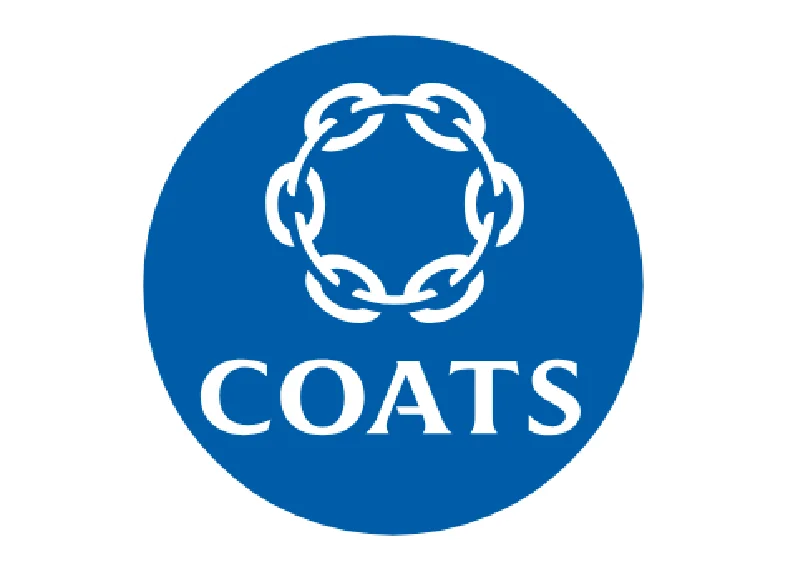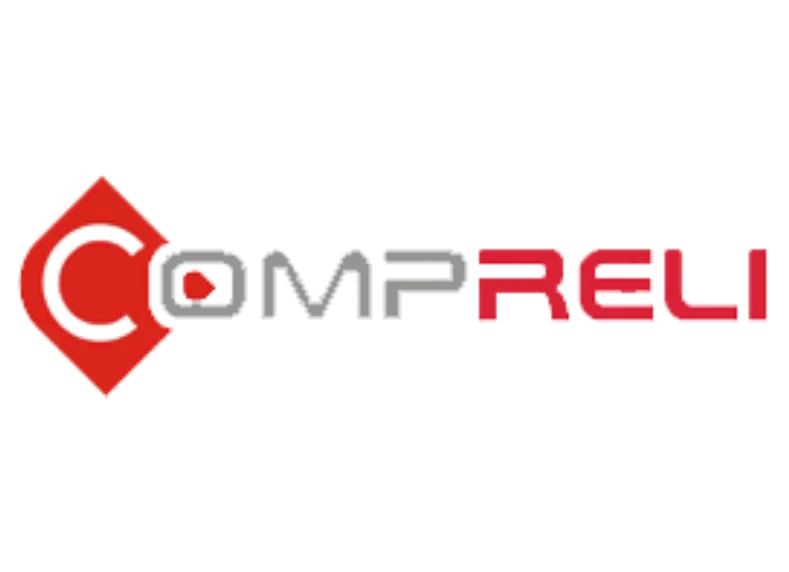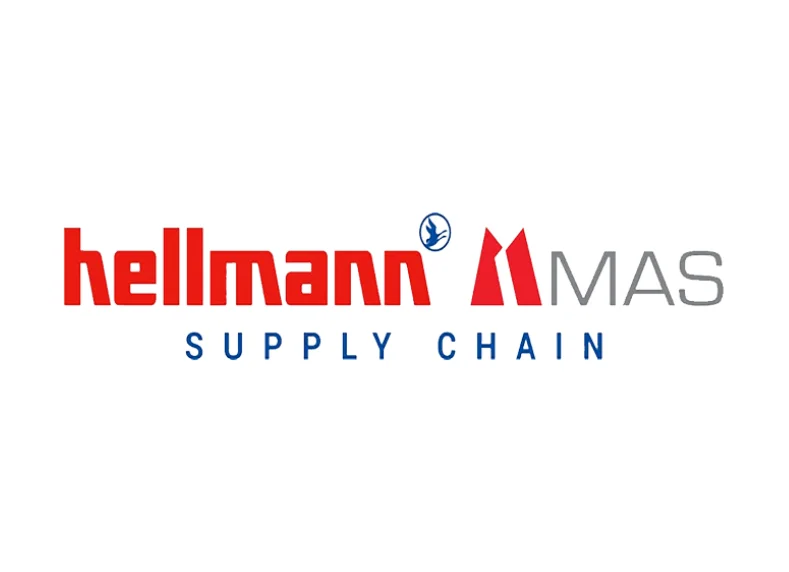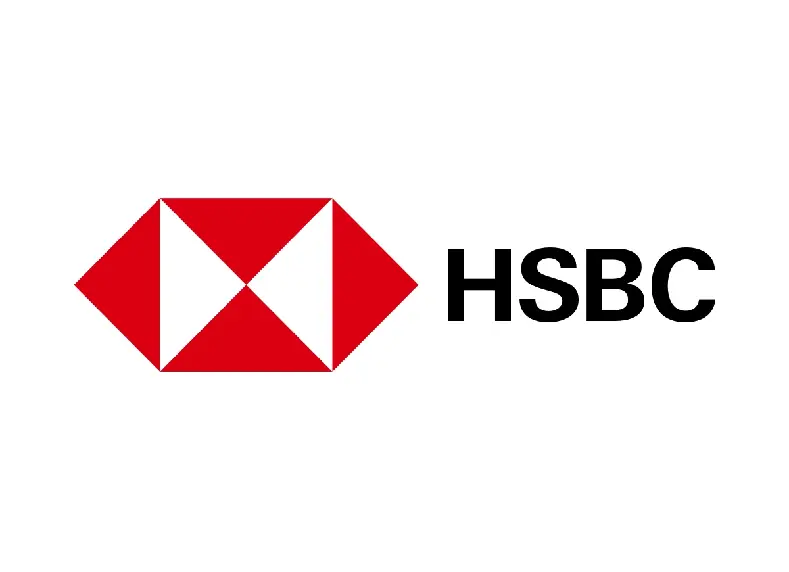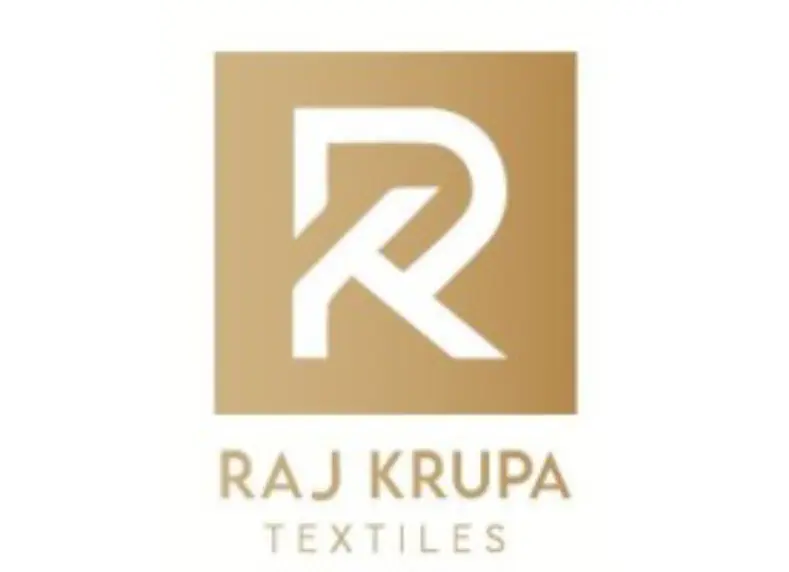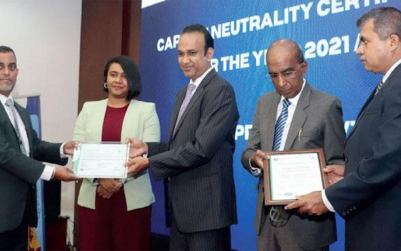
The textile industry has been widely acknowledged as a contributor to global carbon emissions. The estimated annual emission of carbon dioxide ranges from 122 million to 2.93 billion tonnes, clearly showing the industrial impact on the climate. As we witness growing concerns about the environmental toll of fashion consumption, Aitken Spence Apparel feels strongly that they are called to embrace sustainability in an emission-intensive industry.
Aitken Spence Apparel has taken on a mission to achieve carbon neutrality. Carbon neutrality is an aspect of addressing climate change, which involves balancing carbon dioxide emissions by utilising carbon sinks or removal methods. It represents their commitment to offset emissions by implementing strategies that absorb an amount of carbon from the atmosphere. Aitken Spence Apparel’s dedication to this pursuit speaks volumes about its determination to redefne industry norms and set sustainable benchmarks.
Mr. Lushan Perera, CEO of Aitken Spence Apparel said, “Aitken Spence Apparel’s recent achievement of carbon neutral certifcation for its sub-factories, Ace Apparels and Aitken Spence Garments, stands as a testament to its unwavering commitment to the environment and industry leadership. Our goal is to redefne the norms within the textile industry.”
On the 15th of August, 2023, The NCPC hosted the “New Solutions for Low-Emission Food Production in Sri Lanka” Project Launch event. The event took place at Orchid Hall, in The Bandaranaike International Hall. The event’s Chief Guest, the Hon. Dr. Ramesh Pathirana, Ministry of Industries, graced this occasion with his presence. During the event, Aitken Spence Apparel was honoured to receive their Carbon Neutrality Certifcate.
Aitken Spence Apparel underwent a rigorous verifcation and validation process by the NCPC, renowned for creating purposeful partnerships on a global scale and for their expertise in advocating for cleaner production practices across the nation. The NCPC’s expertise and rigorous assessment process guarantees the accuracy and credibility of the company’s emission reduction efforts.
Aitken Spence Apparel adopted the ISO 14064-1:2018 standard, incorporating the IPCC 2006 GHG quantifcation guidelines for emissions assessment. This remarkable achievement highlights the company’s initiatives in minimising its carbon footprint and dedication to global environmental reporting standards.
Emissions were assessed across four distinct categories:
Category 1 encompasses direct GHG emissions from controlled sources under Aitken Spence Apparel’s operational control. This includes fuel combustion, transportation emissions, and on-site energy production.
Category 2 covers indirect GHG emissions from purchased electricity, heat, or steam consumption. Category 3 accounts for emissions along the value chain due to activities outsourced to suppliers, such as transportation and waste management. Lastly, Category 4 addresses all other indirect GHG emissions associated with company activities, not covered in the previous categories.
The collaboration between Aitken Spence Apparel and the NCPC exemplifes the power of strategic partnerships in driving positive change. By upholding the most stringent benchmarks in calculating, verifying, and offsetting carbon emissions, the company has shown its dedication to environmental stewardship and its role as an industry leader in the textile sector.
Aitken Spence Apparel’s journey towards carbon-neutrality has seen them join forces with co-energi (Pvt) Ltd, a distinguished independent engineering consultancy. With a focus on energy and resource efciency in both buildings and industrial processes, co-energi brings a wealth of experience to the table. By working hand in hand with Aitken Spence Apparel’s project team, co-energi aids in data collection, devising emission reduction strategies, and creating essential documentation. The collaboration propels both entities forward on the path to sustainability, bolstering their commitment to green practices and environmentally conscious initiatives.
Furthermore, Aitken Spence Apparel stands out as a pioneer in sustainable and responsible manufacturing practices, frmly committed to preserving the environment through practical strategies. With a robust set of energy conservation tactics, the company replaces conventional fuorescent bulbs and tube lights with energy-efcient LED lights, plans to introduce advanced servo motors to sewing machines, and upgrades outdated electronic appliances to energy-saving alternatives. Regular maintenance of electrical equipment and meticulous evaluation of


 September 6, 2025
September 6, 2025
